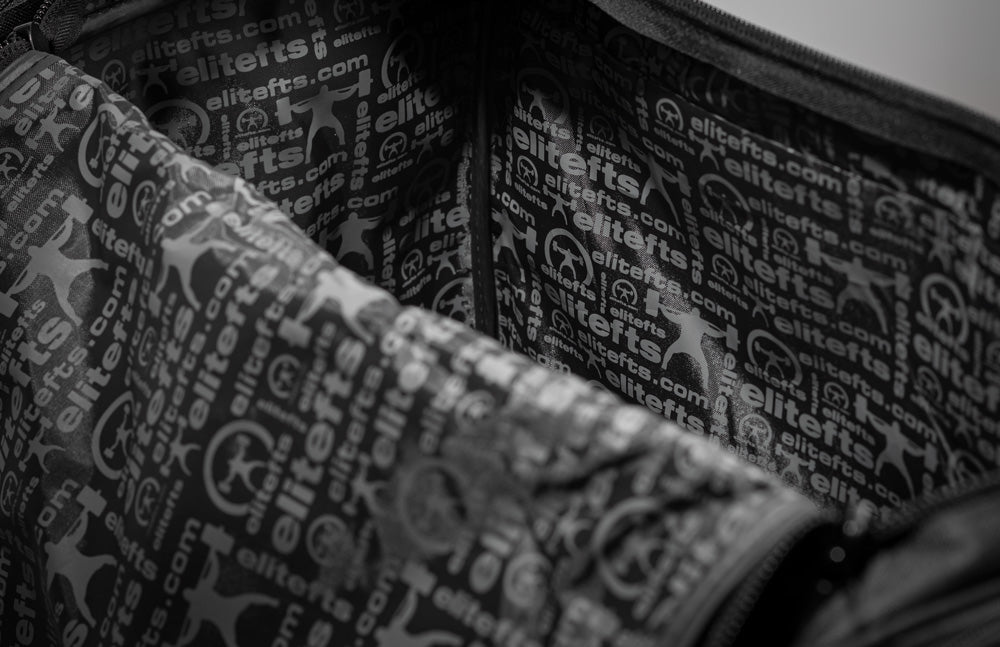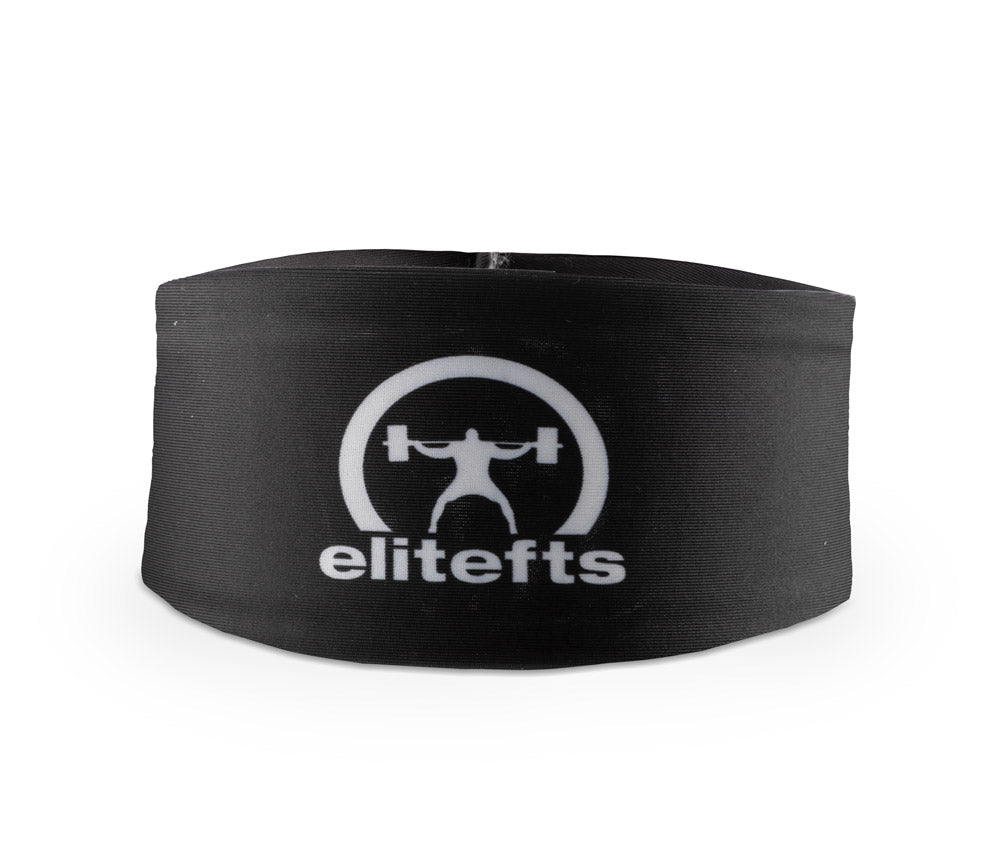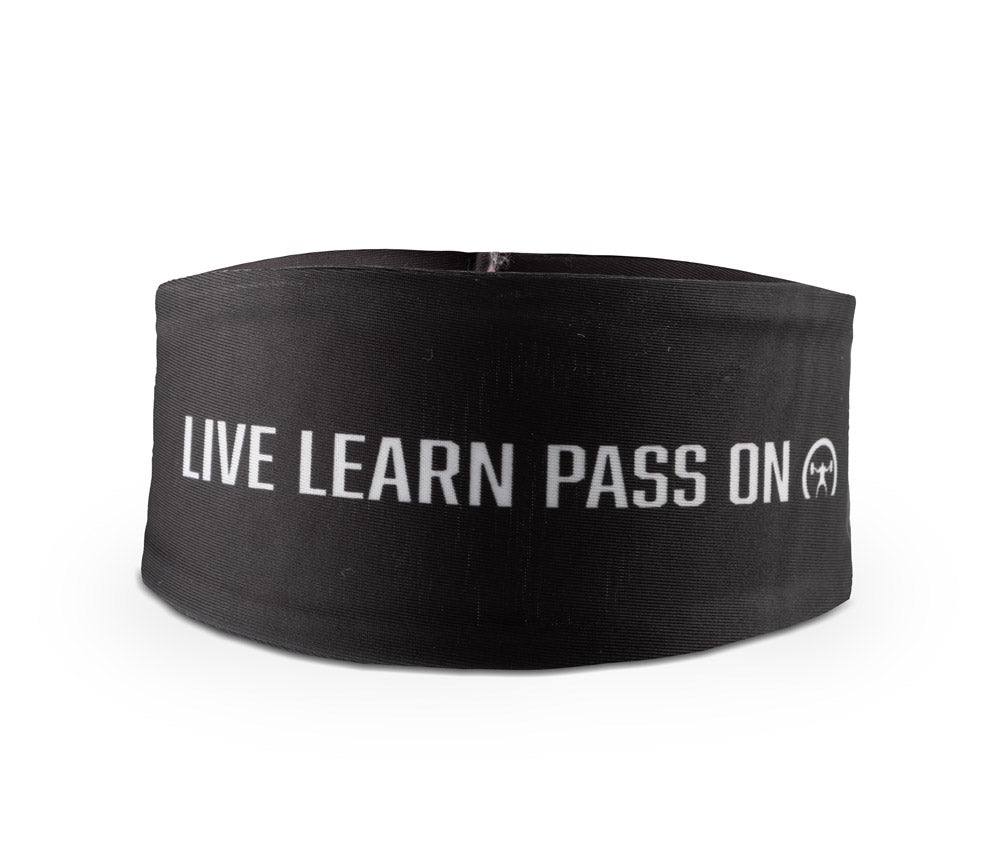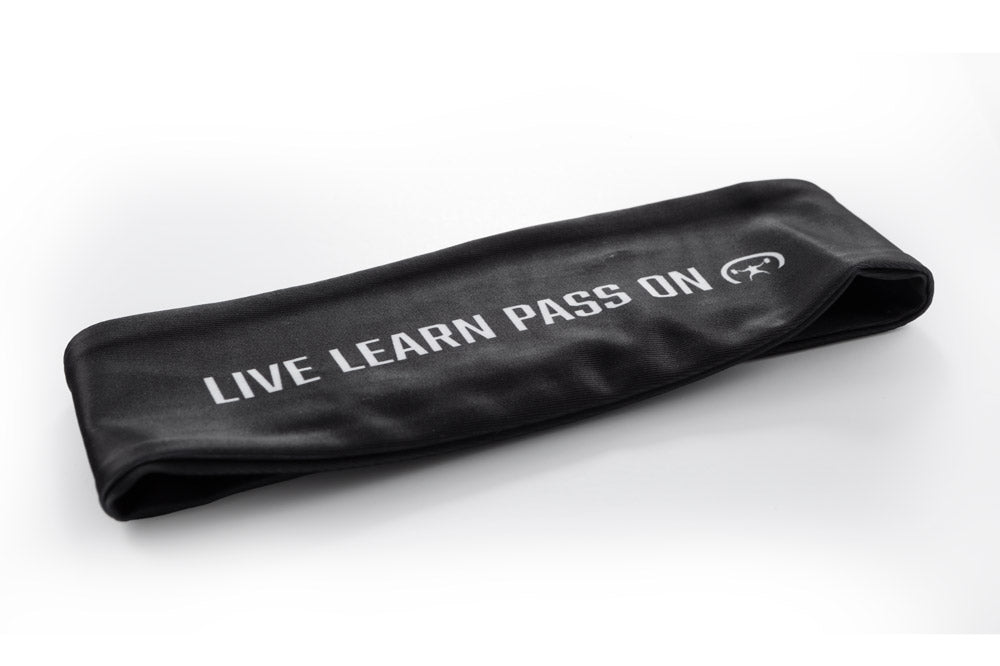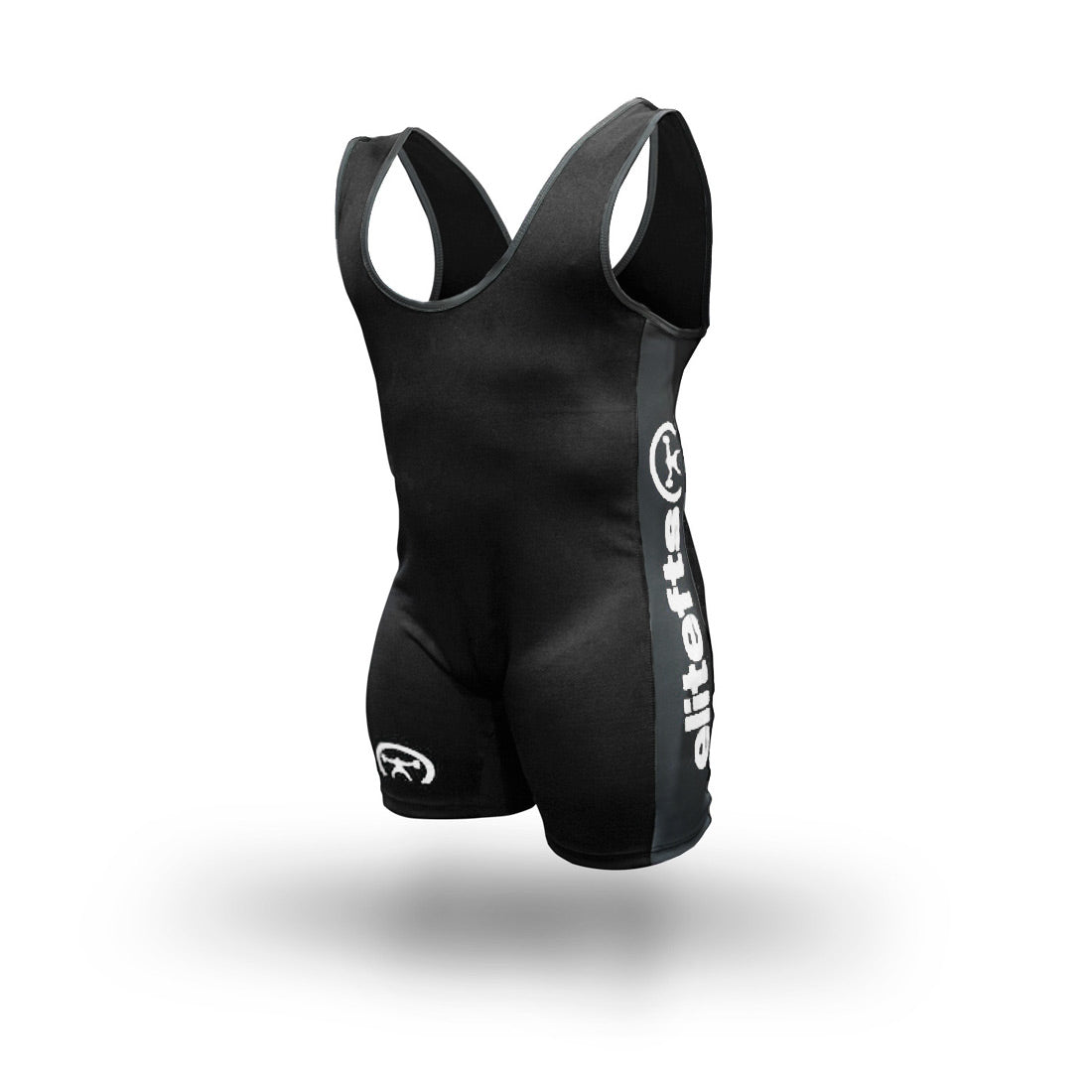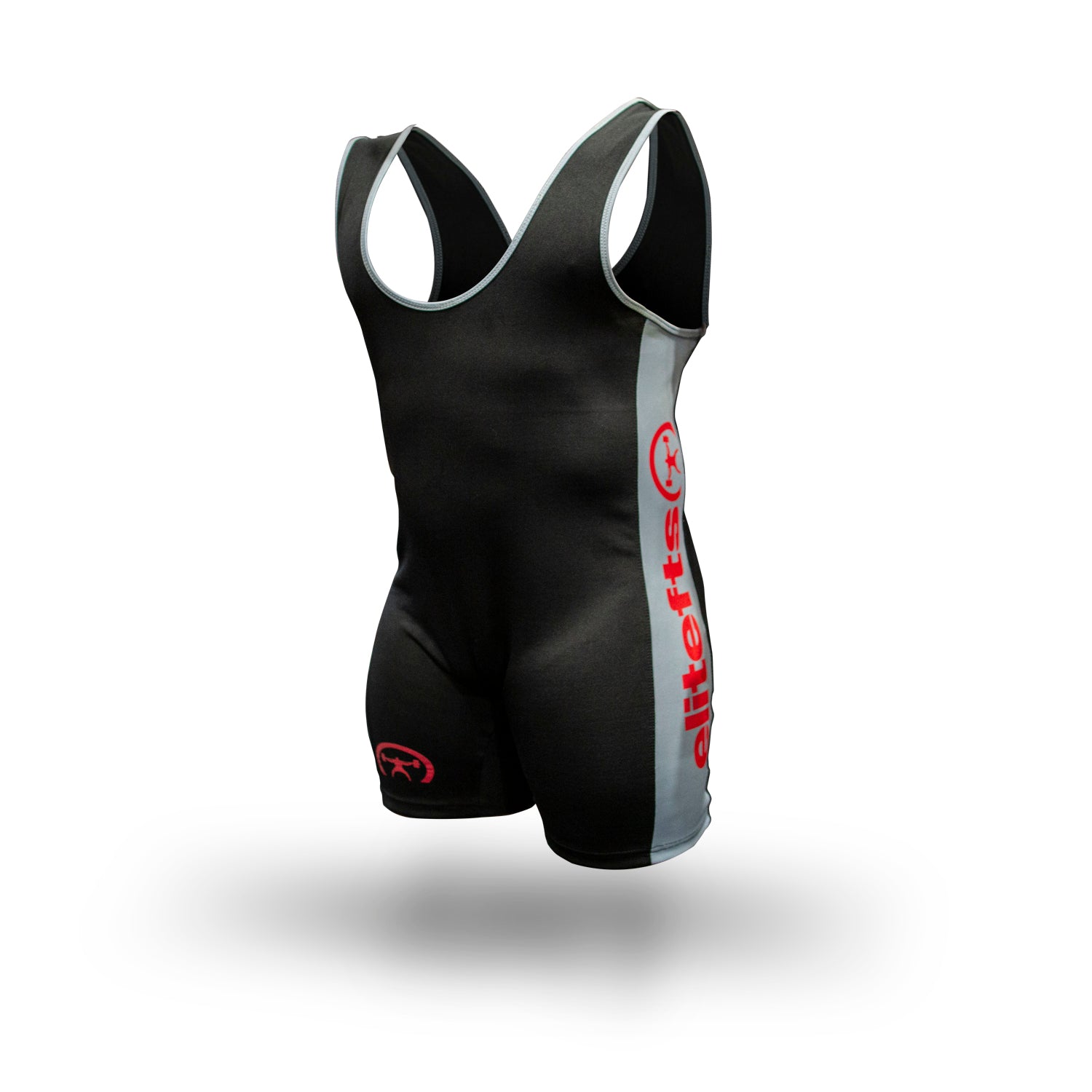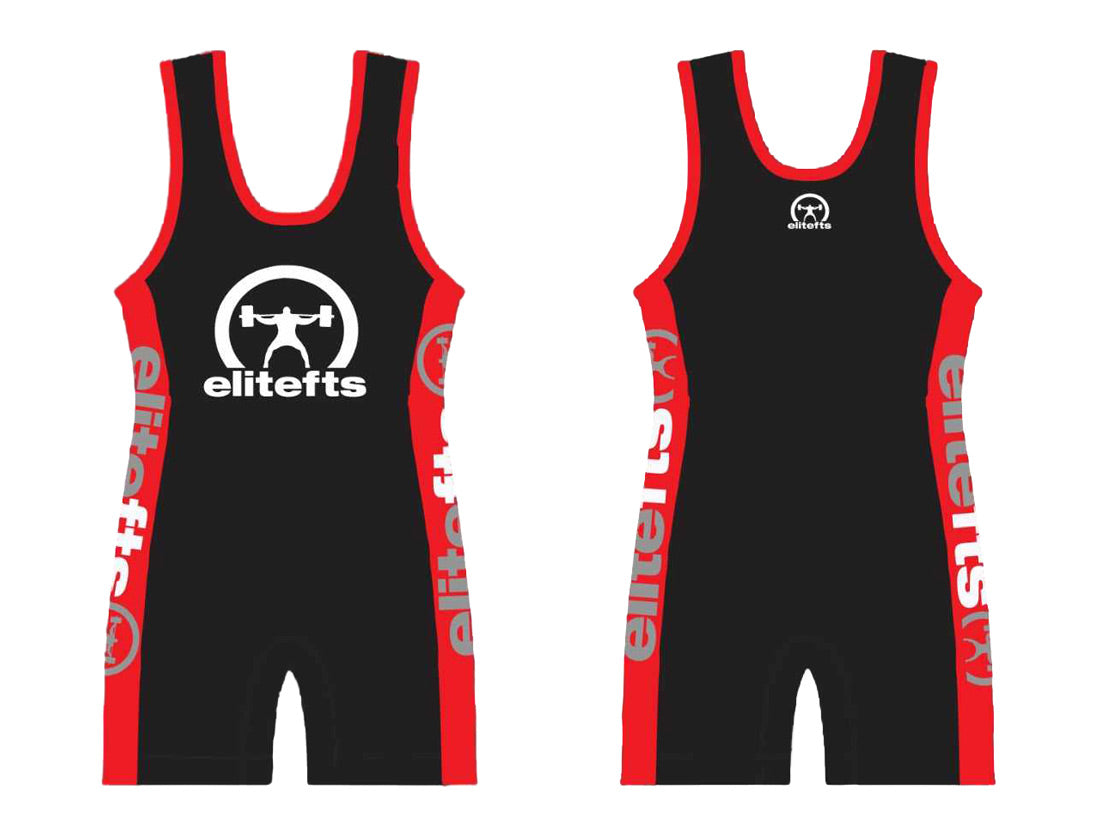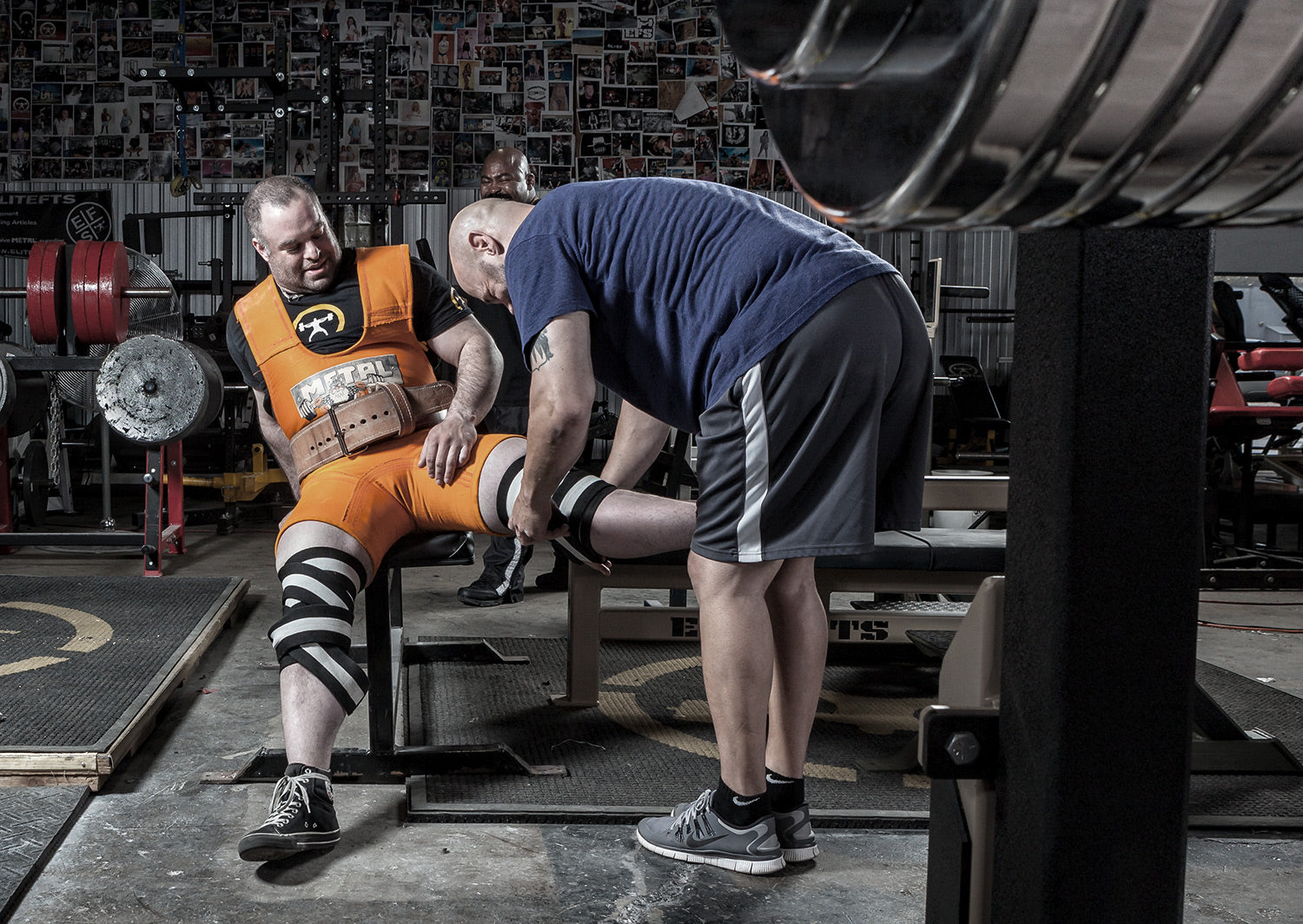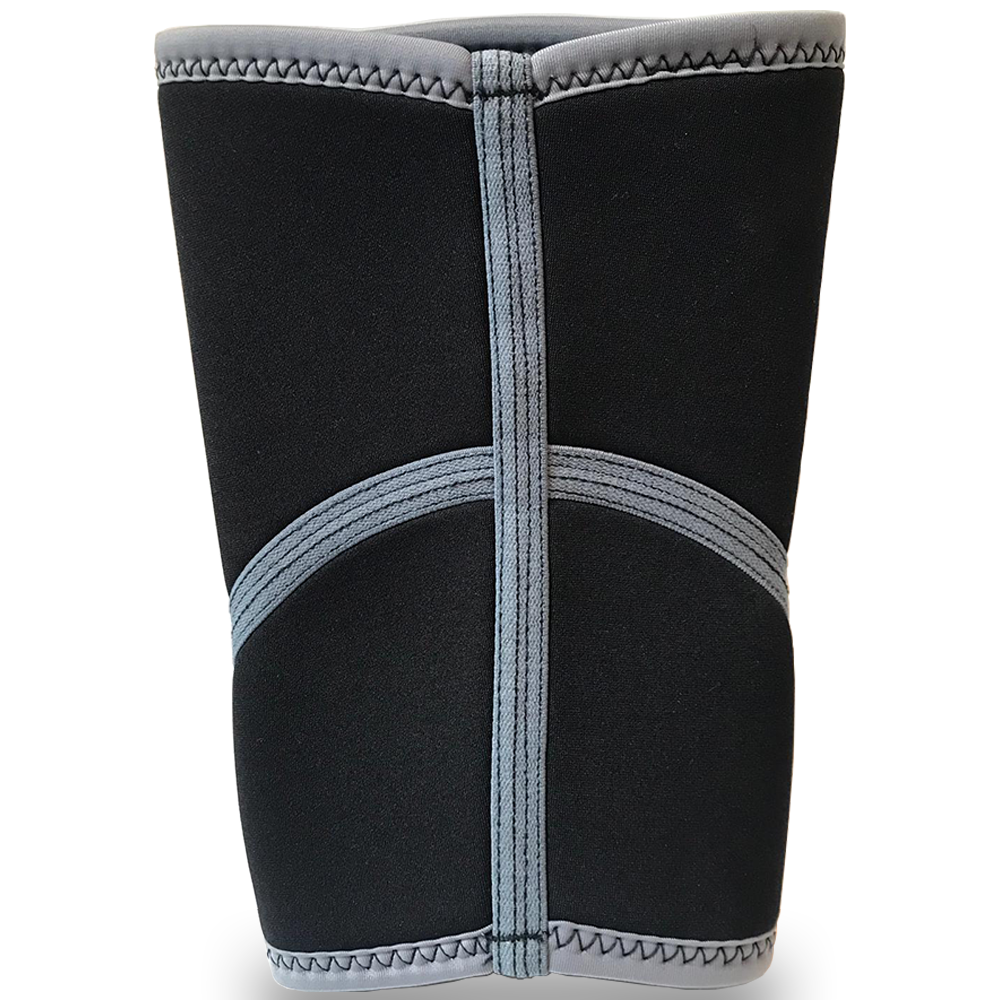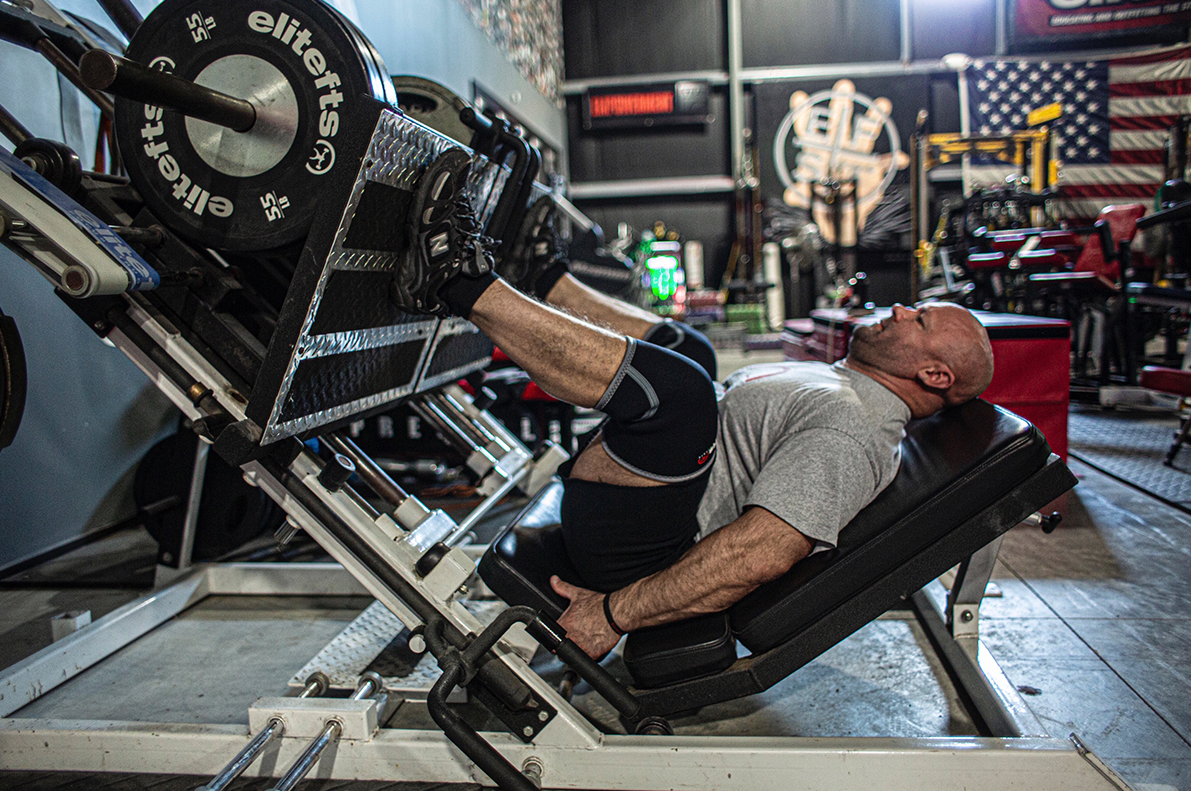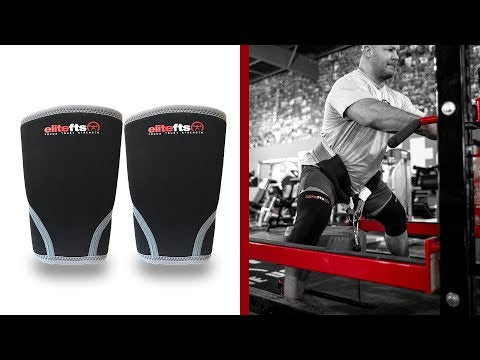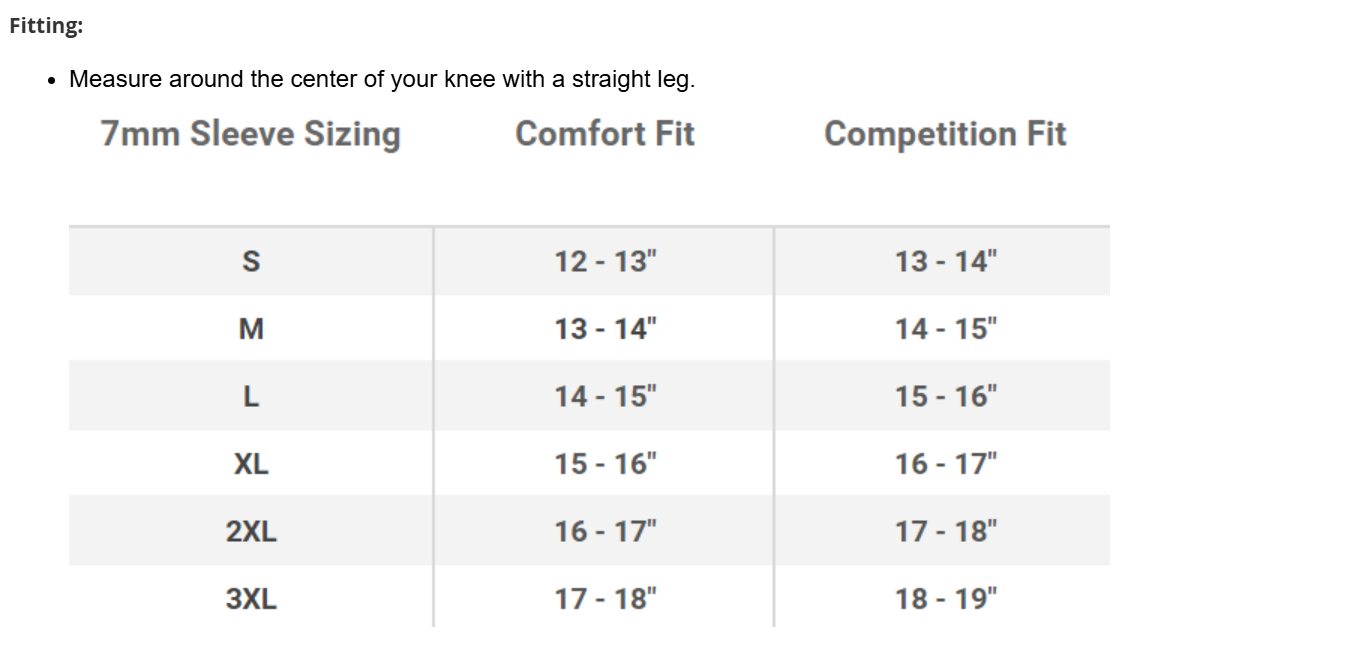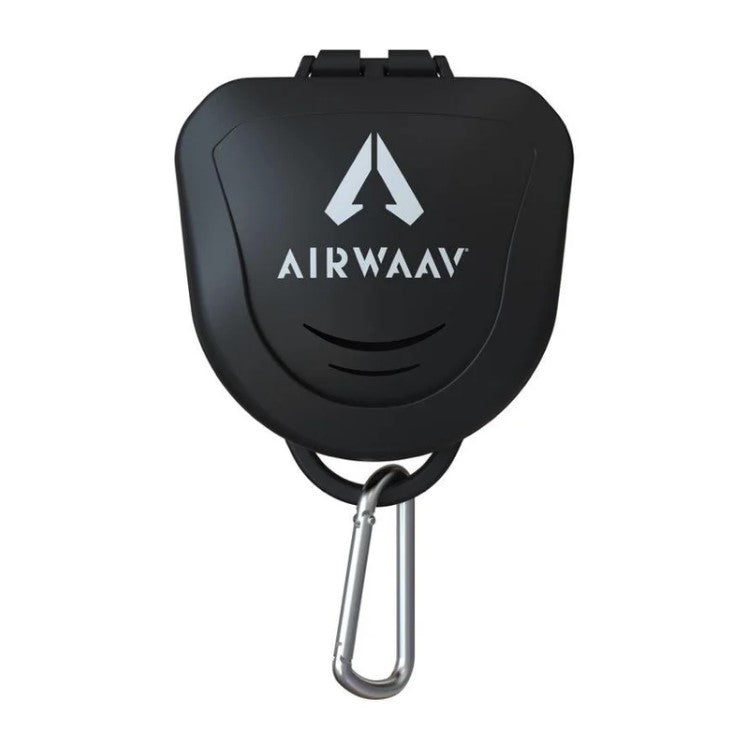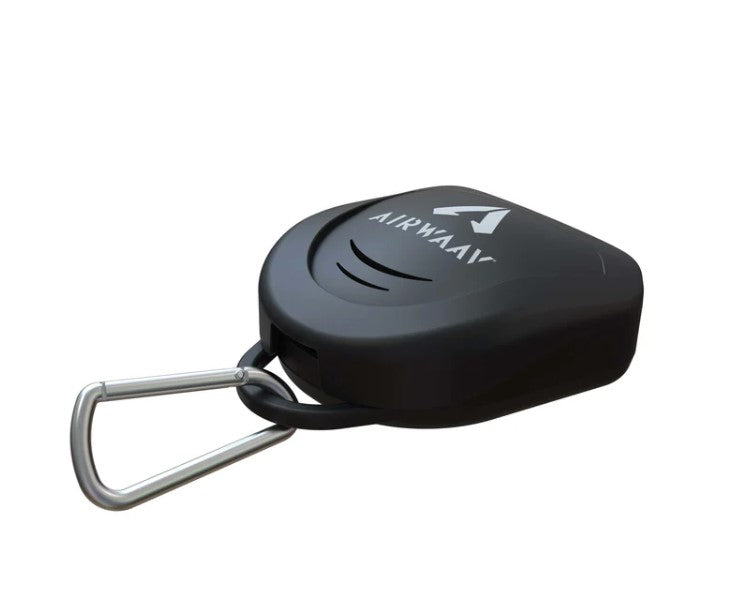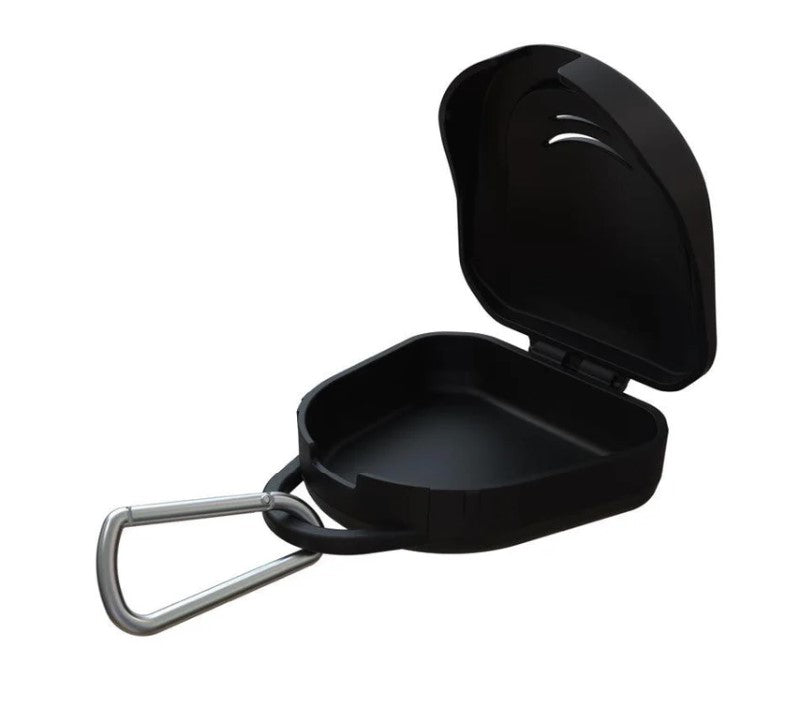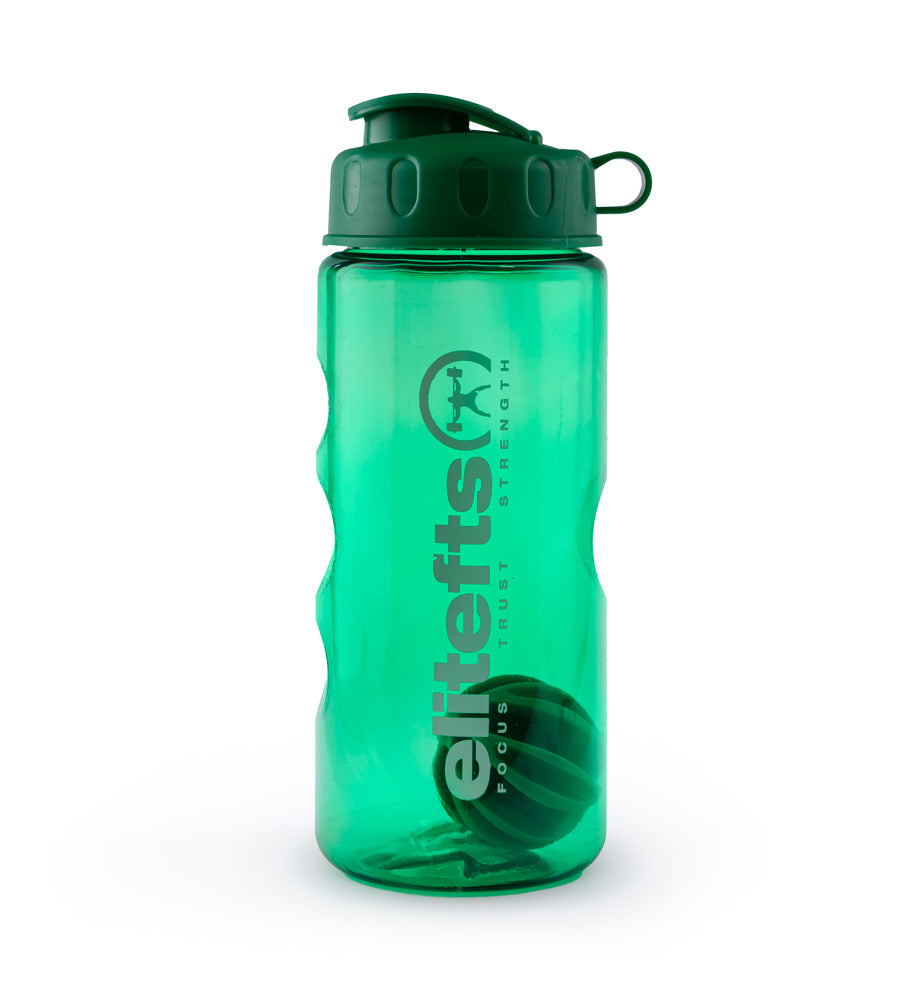Recently I was reminded of an undeniable training truth I've known for a long time, but pushed to the back burner my mind. What truth? That a good gym partner can vastly improve your training. When I first heard this as a newbie, I had a tough time swallowing it. For the most part, I've always trained alone.
To this day, at least 90 percent of my sessions are performed in the fully equipped powerlifting gym set up in my basement. Even though there's an industrial-sized commercial gym just a couple miles from my house, I've opted to train at home for a few reasons: less noise and distraction, no sharing of equipment, no travel, and no membership fees, just to name a few. That said, training solo has its disadvantages, and the biggest one in my mind is no training partners. That's why I'm always glad when my younger brother Joe comes to visit and train for a while. Although we live hundreds of miles apart, he remains the best training partner I've ever had.
R
ELATED: How Not to Suck as a Training Partner
Beyond the obvious benefits of camaraderie and mutual encouragement, there are some definite positives to having a good training partner that you might not have thought of.
You Perform Better
Despite the fact that I'm usually a lone wolf in the gym, I've lifted with dedicated training partners often enough to know about the mystical improvement that kicks in when training with someone just as dedicated as you. Challenging each other is certainly part of the reason, but it goes deeper. Not wanting to be the weak link in your duo spurs you to greater feats of strength than you would've been capable of on your own. Maybe it's the spirit of friendly rivalry between the two of you or the elevated testosterone from being in the same room as another strength athlete. Perhaps both.
Whatever the cause, it's been well documented by athletes in many disciplines that training with someone like-minded beside you, going through the same purpose-filled pain you are, has a huge positive impact on the outcome. If you've spent most of your training sessions alone as I have, you might not realize this. In my training, I've lifted as much as 30 pounds more than my previous session due in part to the presence of a training partner. Bad training partners will pull you down, but good ones will most definitely give you a mental and physical boost.
You Become Accountable
As every seasoned meathead knows, sometimes, even the most motivated lifter runs out of drive. If you can stick to your training regime through this period of low motivation, you're much more likely to enjoy long-term success in your quest for strength. Trouble is, attacking the barbell with the same focus and dedication as when you were riding high on motivation isn't easy. Weights that seemed light a few weeks ago will feel as if they've doubled in mass, and the same session that left you feeling energized when you were on a mental high will leave you feeling like a wet paper bag when your well of motivation runs dry. That's where a solid training partner comes in.
Longtime lifters understand that no matter how weak and unmotivated you feel, you never leave your partner or gym crew high and dry. You owe it to them to give it your best effort. Understanding this can help galvanize you into action when you'd prefer to sit on your couch smoking weed and munching leftover pizza.
The beauty of this effect is that it goes both ways. You and your training partner are different people, and will most likely have different levels of motivation on a given day. That's why when you're low, they should be able to push you forward. You'll be able to return the favor when their motivation has run dry. In this way, you buoy each other up, helping one another remain consistent in your shared pursuit of strength. A good training partner will mercilessly push you into action when you're feeling down and out. If you're a good training partner, you'll do the same.
You Learn From Each Other
No matter how obsessed you are with pumping iron, if all your study and experience is solitary, you'll never reach your full potential. That's why powerlifting is best done with at least one like-minded person beside you, making you better. Sharing experiences, comparing and contrasting observations, and offering each other suggestions on dealing with mutually experienced problems can help advance your strength training career far more quickly than if you go it alone.
Even if the two of you have the same focus and drive, there's no doubt your experiences will differ slightly. These differences will give you the tools to help each other overcome obstacles. Use your partner's successes and failures to learn and grow, and allow them to do the same. When they hit a massive squat PR, give them the props they deserve, then ask yourself what they did right. Implement it. When they can't squat without wincing for a month thanks to a bum knee, ask yourself why, then steer clear of that path.
Signs of a Bad Training Partner
No discussion on training partners would be complete without warning you about bad ones. Good partners improve your training, and bad ones take away from it. Learn to spot signs of a bad partner early on, so you can fire them before your training is negatively affected. Here are some signs that your training partner probably isn't going to help you hit a PR anytime soon:
- They routinely show up late for training. If they can't be bothered to get to the gym on time, it means they care about other stuff more than training, and they're most likely not "all in." If you are, you need a new partner. Simple as that.
- They talk a lot during training. When I'm in the gym, I'm there to work. Sure, a little friendly ribbing is fine, but if you insist on telling me a 10-minute story about your ex-girlfriend between every set, we won't be lifting together long. Don't let a chatty training partner derail your focus.
- They don't try hard. If you consistently notice you're putting in more effort in training than your partner, you should probably start looking for someone new. Your exact training goals don't need to match perfectly, but your levels of dedication definitely should.
- They complain a lot. We all know training is tough. It's supposed to be. If it's not, you're doing it wrong. If your partner is always whining about how brutal AMRAP sets of front squats are or how much they hate paused deadlifts, can them. That kind of negativity won't make you stronger.
- They don't do what's necessary outside the gym. Being all in during training is all well and good, but it won't count for much if you're not just as dedicated during the other 90 percent of your waking hours. Dialing in nutrition, hydration, supplementation, and sleep matters at least as much as what you do with a barbell four times a week. If you're all in, you already know this. If your training partner's not, it'll bring both of you down.
Robert Maxwell is a competitive powerlifter and online strength coach hailing from rural Canada. He specializes in helping beginner and intermediate lifters reach their strength potential. When not in the gym or on the competition platform, he works as a writer and videographer. Robert lives in a cabin he built in the woods with his wife and daughter. Want to hire Robert as your coach? Visit
www.maxwellstrength.com.










